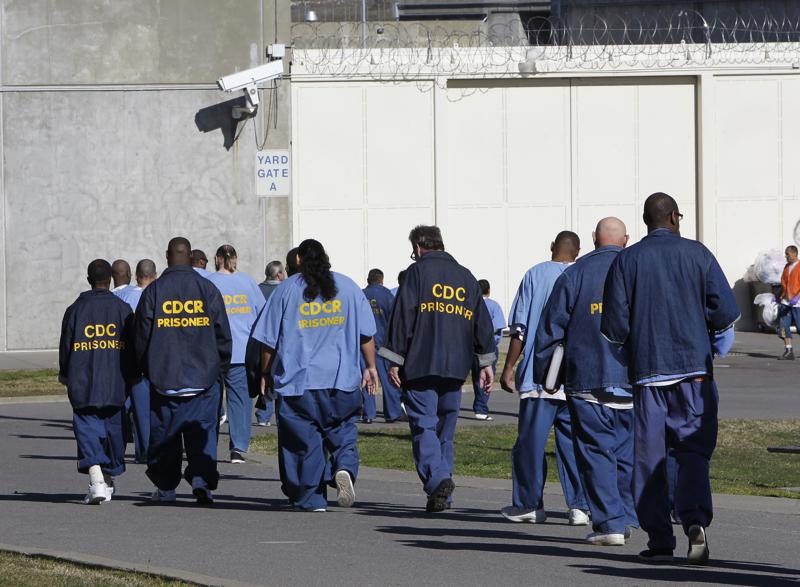Until 2019, countless of inmates in California had been serving unjustly long sentences for murder convictions, even though they never killed, attempted to kill, or intended for a person to die. Fortunately, as part of the ongoing criminal justice reform in California, in 2017, the state legislature acknowledged the need for more equitable sentencing of…
Continue reading ›Immediate Response!











